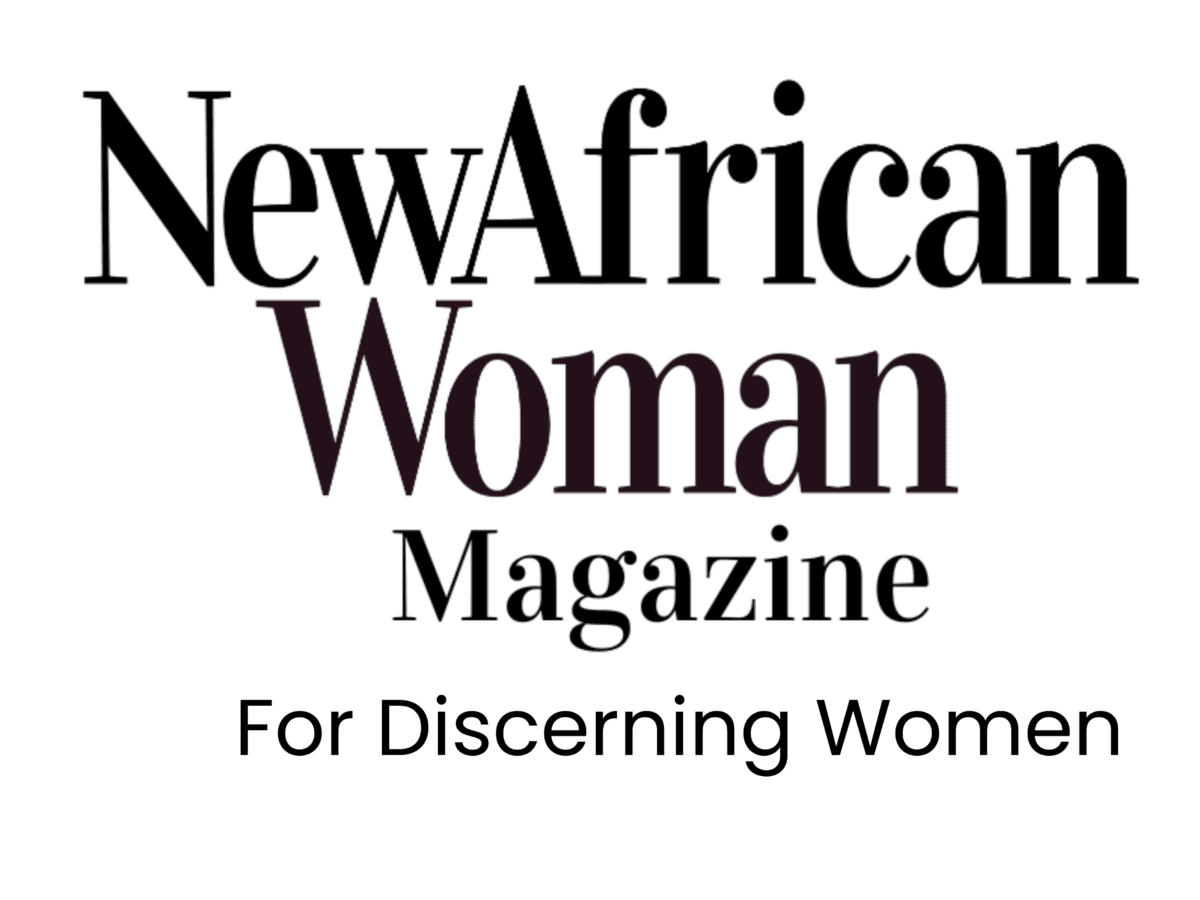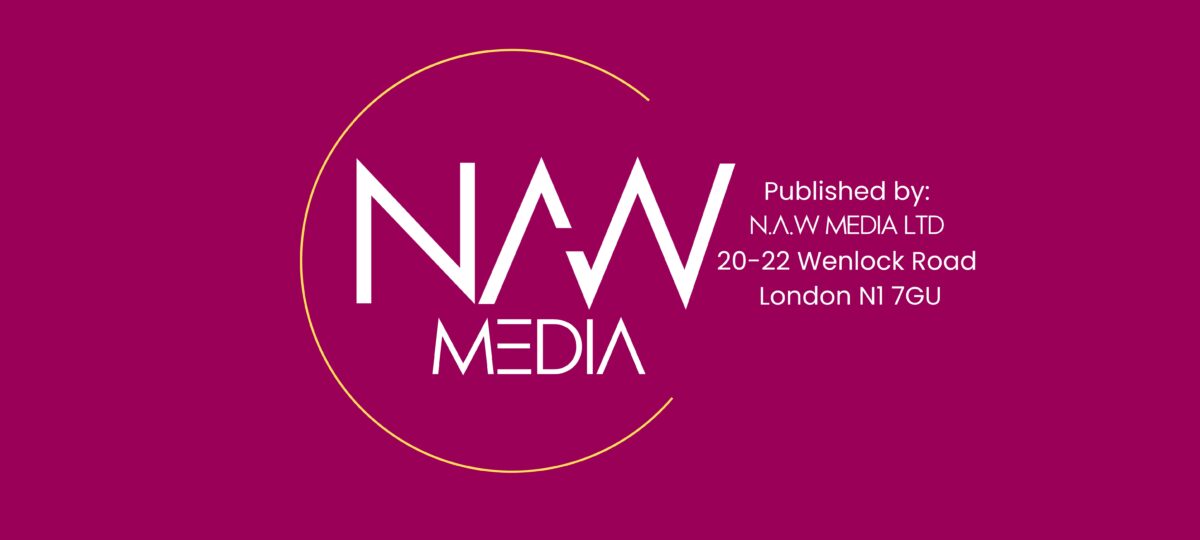Why are women in a constant battle to be heard or be empowered?

Editor - NAW
To many, including all relevant honchos – the African Union Summit that just concluded in beautiful Kigali (Rwanda) last week, was all about Human Rights focusing on African women’s rights, as its theme purported, right? Good call, except as an attendee passionate about every issue affecting African women, I felt short-changed. I felt the theme played second, and dare I say last fiddle.
The whole atmosphere in the brand new and swish Kigali Convention Centre, (even the adjacent Media Centre tents) did not feed my excitement about being here to cover a conference dedicated to enhancing women’s rights.
For a start, visually (both as delegates and journalists) women here were totally outnumbered! Secondly, without diluting their importance, the issues of electing the new AU chairperson, Peace and Security (more so South Sudan where fighting had resurged that very week) and the launch of the first ever and much hyped African e-passport (that’s a story on its own) – all of which are also vital to the status of African women – took precedent and totally overshadowed the Women’s rights theme, which screamed on every bunting and billboard wherever you looked around Kigali.
This is not new. Be it Al Bashir, Ebola, xenophobia – something else, someone, somehow almost always routinely tower over prescribed summit themes, and hog debate and media column inches.
Agreed – summit themes are not a conclusion and the debate starts and continues long before and after the two-day summit, as would state Mahawa Kaba Wheeler, Director for Women, Gender and Development at the African Union Commission, during a sparsely attended press conference she chaired on the closing day of Summit. “Having a theme is like having a plan. The discussions on this theme did not start here and they did not end here. These are issues we work on every single day. These are issues that have been going on for centuries. So the theme of this year was presented and discussed and there was a declaration on where the continent’s priorities are regarding gender equality and women’s empowerment,” she tells me.
Ok, I got it, but even if it could have been the last press conference after an intense week, I personally couldn’t help but raise eyebrows as to why 99 per cent of the journalists and editors, right next in the adjoining media room, were not interested in this concluding press conference which summed up the summits call to action on women’s rights and was meant to expound further the Gender Score Card Awards that had been given earlier at the Heads of State’s closing ceremony (among the recipients was the host president Paul Kagame). The whole scenario just gave weight to the thoughts I jotted down in the June/July print edition of NAW. I wrote:
I have been practising journalism for close to 25 years now, half of that time as deputy editor, of one of the most influential African magazines of our time – the New African (our sister publication), of which until January this year I was also its acting Editor for close to 2 years following the departure o of its long term and inimitable Editor Baffour Ankomah. I know, many of you probably didn’t know that I held that high position in a male-dominated field for that long, as exemplified recently at our March New African Woman Forum when a highly-placed male influencer I was sharing a table with gasped in surprise on learning that a woman was at one time at the helm of such an iconic title.
“Really, NA has had a woman deputy editor? How did I miss that? I thought you just worked as editor of New African Woman. Goodness! Well, you truly are a great example of what your Forum is about. Africa needs to value its women more,” he said, extending what I believe was a congratulatory handshake as I explained to him that I actually held both positions – as editor of NAW (eight years now) and deputy editor of NA for 13 years – until January this year when I stepped down from NA.
As a political journalist before and during my New African days, I have written on almost every subject, including some of the most hard-hitting, provocative cover stories that the NA is famed for: The Herero – The Tribe Germany Wants to Forget; The Forgotten Black Victims of Hitler’s Germany; How George Washington Treated His Slaves; Corporate Greed and How Multinationals Bleed Africa Dry (by profiting from its “poverty”); The Myth of Africans Living on a Dollar a Day; Immigrations; Food Security – I can go on and on.
I even gave sports a go, with a cover story on how the World Cup football bonanza in South Africa left no lasting profitable effect and how the multibillion-dollar spending on its hosting disastrously overlooked the central (to this day) socio-economic needs of the majority of its poor.
Why am I telling you this? Well, have you read between the lines yet? Have you noted from the list of articles mentioned that none pertained particularly or deliberately to highlighting specific women’s issues?
How could I have been a deputy editor of such a strong and widely popular publication and not bring to the fore women’s issues, as the New African Woman is doing today? Why was the ethos of the New African Woman not embedded in the New African, at which not only did I deputise for its editor for over a decade, but also for almost two years I was its editor? Why did I produce two magazines based largely on the sexes? Why do we have the New African Woman magazine? (A question I was asked just a few weeks ago by CNN in an interview for its flagship Market Place Africa programme watch here).
I am yearning for a time when the pigeonholing of women, and women’s issues, will ground to a complete halt. I yearn for a day when events such as the Women’s Forum will cease to exist, just like there is no Male Forum – or are those held under another guise? What about dissecting “male issues” – who will deny they exist? Gender is and should be on everyone’s agenda.
All this is very telling about the status African women occupy and these are questions I would like to throw open to you all – including nonwomen who read the New African Woman – to ponder.
I am also increasingly feeling conflicted as to why women globally still have to have this constant battle to be heard. To seek or feel their empowerment. To feel included. To fight for their rights – both in their own homes and on the political or economic stages. To be paid equally to their male counterparts. To be promoted to jobs on merit because they are able. When will I be considered to be just a journalist, not a female journalist (as oft called)? When will I stop being viewed as an editor of a women’s magazine because I am a woman? In short folks – I am yearning for a time when the pigeonholing of women, and women’s issues, will ground to a complete halt.
I yearn for a day when events such as the Women’s Forum will cease to exist, just like there is no Male Forum – or are those held under another guise? What about dissecting “male issues” – who will deny they exist? Gender is and should be on everyone’s agenda.
I am also increasingly feeling conflicted as to why women globally still have to have this constant battle to be heard. To seek or feel their empowerment. To feel included. To fight for their rights – both in their own homes and on the political or economic stages. To be paid equally to their male counterparts. To be promoted to jobs on merit because they are able.
All that said though, wherever and whenever a people are downtrodden, alternative ways to uplift them or highlight their causes have to be found or fought for. And on women’s rights, empowerment and any other issue affecting African/Black women, the New African Woman will provide that voice and vehicle.
In the words of the powerhouse that is Angelique Kidjo – a human rights champion who knows exactly where the problem of gender imbalance is: “The damage is done to our brain when we train our boys to think that they are more important than girls… the day we all decide that the boy is not going to have a different status under the same roof as his sisters, we will win the gender war.”

















